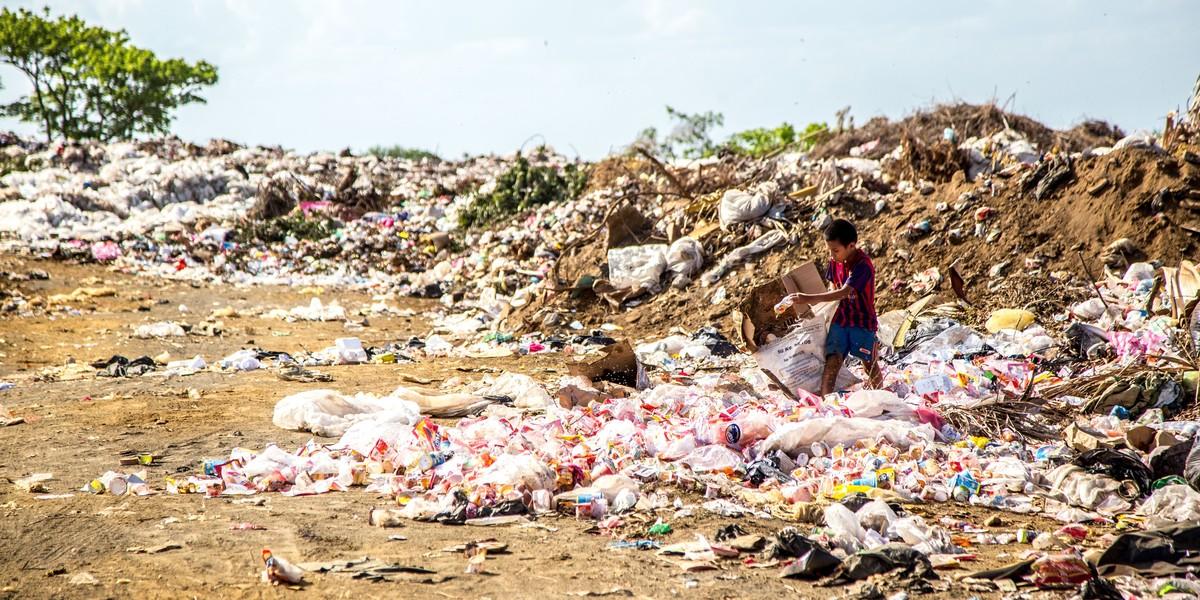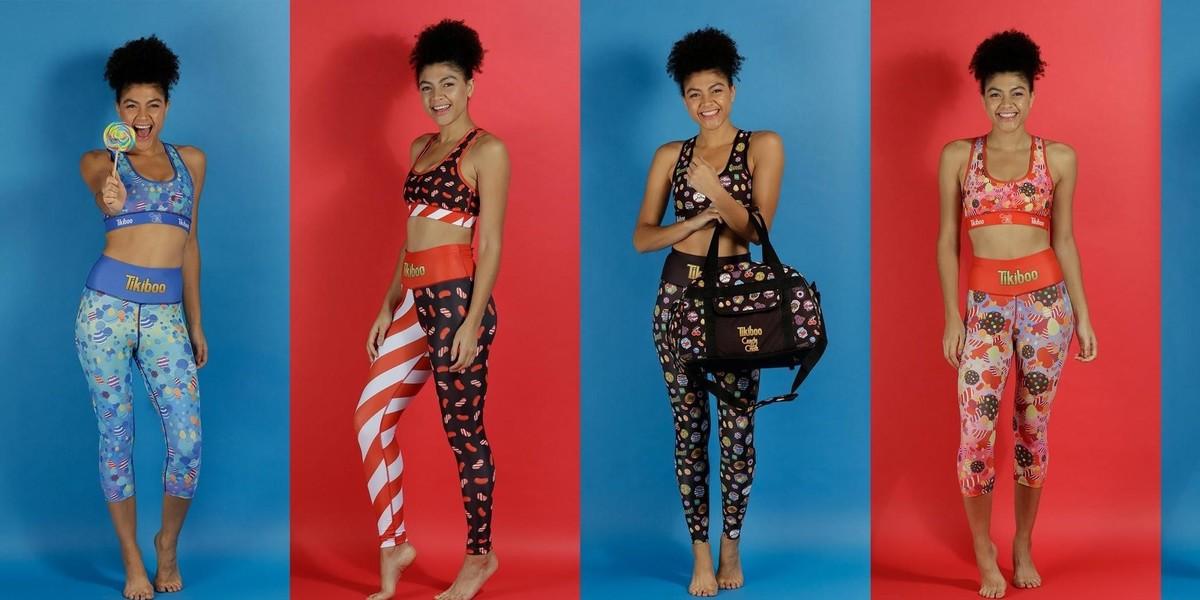A baby pilot whale dying of plastic poisoning, mourned by its helpless mother.
An albatross chick lay dead from ingesting a plastic toothpick.
Serene turtles surrounded by plastic bags which floated eerily like jellyfish…
Our hearts collectively broke as a nation as we watched Sir David Attenborough’s Blue Planet II last year.
We could no longer turn a blind eye to the environmental impact of our extensive use of plastic. And Google confirms this, with the number of people searching about plastic in our oceans doubling since the programme.
An announcement by the Government followed shortly after. Vowing to eliminate single-use plastic in the UK by 2042, Theresa May said, “in the UK alone, the amount of single-use plastic wasted every year would fill 1,000 Royal Albert Halls”.
She confirmed several Government initiatives, including consultation with supermarkets to create plastics-free aisles and a £7bn research and development pot to be used to “inject new funding into plastics innovation”.
Whilst many critics have said this isn’t soon enough, there definitely needs to be a top-down pressure on businesses to be more transparent with their customers and to find cost-effective greener alternatives.
Many businesses are making ethical business a brand value…
At the end of November, Clive Schlee, CEO of Pret a Manger, took to Twitter to crowdsource ideas from customers. He asked how his company could encourage more people to bring reusable coffee cups. Clive says, “I was inundated with suggestions, ideas and feedback. All were constructive and the vast majority were supportive”.

As a result, Pret increased their reusable cup discount from 25p to 50p. They are set to launch a well-designed reusable cup in coming months and are exploring adding more china cups to shops with seats.
All of these are simple changes, which have the potential to make a big difference. It’s not just about the environment, businesses like yours can benefit in other ways too:
- Strengthening your brand perception
- Bring in more environmentally conscious customers
- Safeguard against future anti-plastic regulations
Even if you don’t create products, there are a myriad of ways you can be socially and environmentally responsible.
Why not take inspiration from these businesses weaving ethical commitments into the fabric of their company:

Iceland the supermarket has pledged to eliminate plastic from its own-brand range, with an aim to complete the move by the end of 2023.

Earth.Food.Love in Totnes, Devon, is a zero waste shop founded by wife and husband, Nicola and Richard who live by the saying “If not me, who? If not now, when?”

Patagonia clothing put 1% of their total annual sales ($89 million so far) into domestic and international grassroots environmental groups under their ‘1% for the planet’ pledge, which other businesses can join.

Lush cosmetics live and breath their company policies. From fighting animal cruelty and modern slavery to aiming for naked packing where possible, they’ve dozens of socially-conscious brand values.

Mooncup menstrual cup started their business with one aim: “to make your experience of periods more positive, healthy and eco-friendly”. The British company also gives each team member the chance to donate to a cause close to their heart.












